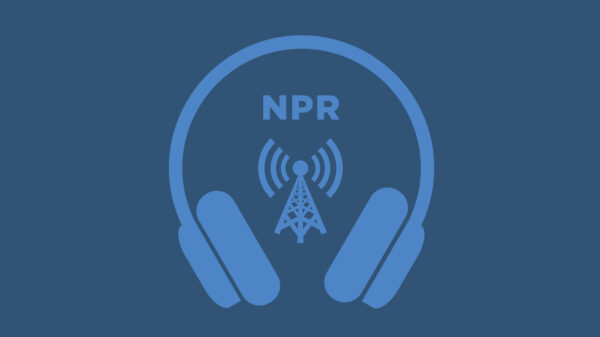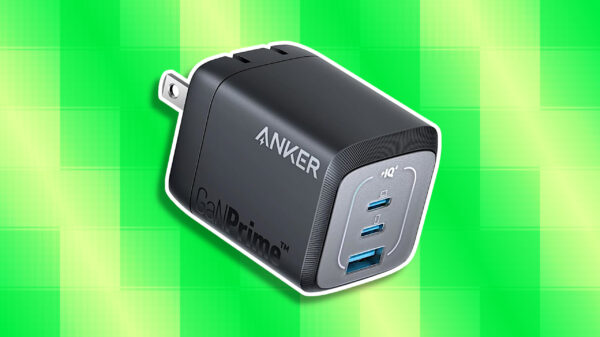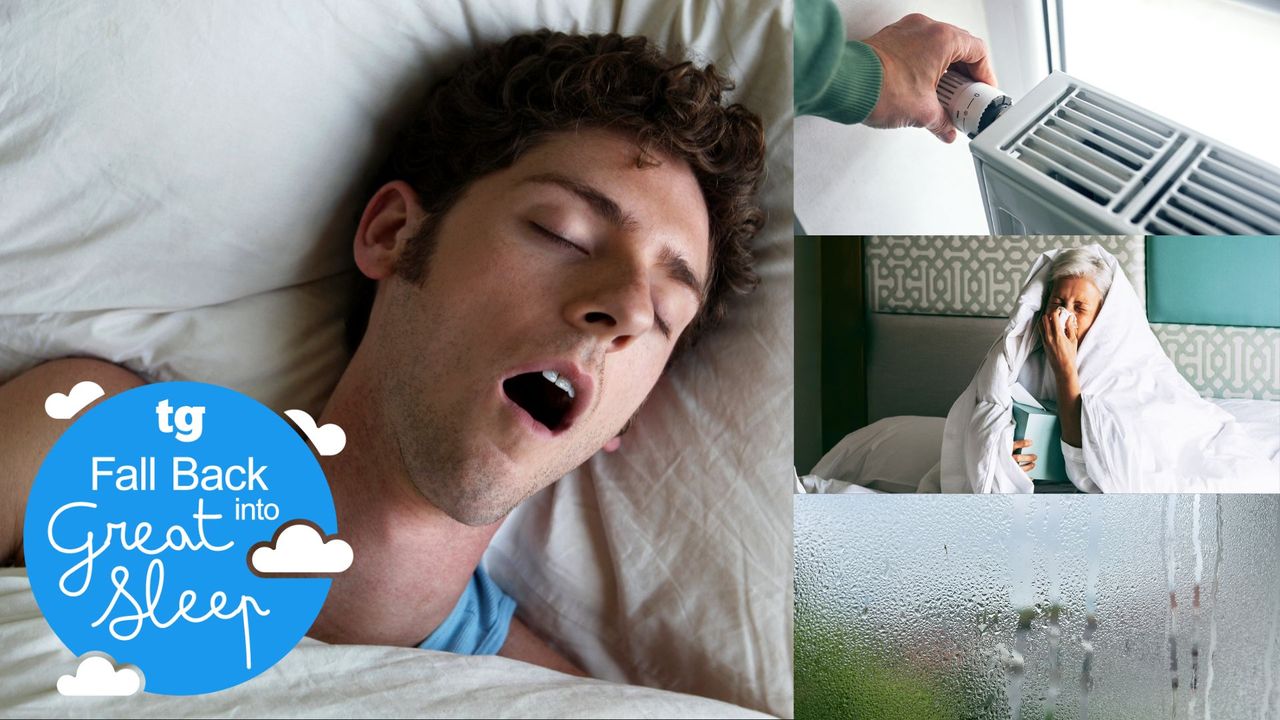As winter settles in, many people find themselves grappling with increased snoring. This seasonal spike can disrupt sleep quality and lead to health concerns. Experts highlight that factors like cold, dry air and indoor heating contribute to this phenomenon.
According to Dr. William Lu, medical director at Dreem Health, the irritation caused by winter’s conditions narrows airways, making breathing less efficient. He states, “Snoring tends to get worse in winter because cold, dry air and indoor heating dry out and irritate the throat and nasal passages.” This can result in more mouth breathing, further exacerbating snoring and its associated health risks.
Understanding Snoring and Its Impacts
Increased snoring can lead to a cascade of negative effects. Dr. Christopher Allen, a board-certified sleep medicine physician, points out that regular snoring can indicate underlying issues such as sleep apnea. Symptoms may include waking up with a dry mouth or sore throat. “If you wake up with a dry mouth, sore throat, or morning headaches, it could be a sign you’re breathing through your mouth at night,” he warns.
Snoring can also lead to poor sleep quality, leaving individuals feeling fatigued and unfocused during the day. Dr. Jordan Weiner, a sleep apnea specialist, adds that sleep disruptions prevent the brain from clearing adenosine, a chemical that builds up while awake. “Higher levels of adenosine can cause sleepiness,” he explains, highlighting the importance of uninterrupted sleep for overall well-being.
Five Expert-Recommended Solutions for Reducing Snoring
Fortunately, there are effective strategies to mitigate snoring during the winter months. Here are five recommendations from sleep experts:
1. **Use Menthol Nasal Strips**
Dr. Allen suggests trying menthol nasal strips, which can help open nasal passages and improve airflow. These strips reduce mouth breathing and the vibrations of throat tissues that contribute to snoring.
2. **Adjust Bedroom Humidity**
Managing humidity levels in the bedroom is crucial. Using a humidifier can alleviate dryness in the air, while a dehumidifier can help control excessive moisture. “A humidifier can also help with easing dryness in the nose and throat, which can reduce inflammation,” Dr. Allen adds.
3. **Take a Warm Bath or Shower Before Bed**
A warm bath or shower can clear congestion and promote better breathing. The steam helps open nasal passages, making it easier to breathe while sleeping. Dr. Lu notes that this practice not only relieves congestion but also signals the body that it is time to sleep.
4. **Limit Alcohol and Avoid Smoking**
Dr. Weiner emphasizes that alcohol exacerbates snoring by relaxing throat muscles, increasing the likelihood of airway collapse. He also warns that smoking can paralyze tiny hair-like structures in the respiratory system, leading to increased congestion and inflammation.
5. **Change Your Sleeping Position**
Sleeping on one’s back can worsen snoring. Dr. Weiner recommends side sleeping as a way to keep airways open. For those who tend to roll onto their backs, he suggests using a shirt with a pocket for a tennis ball or specialized vests that make back sleeping uncomfortable. Electronic aids that vibrate when a person rolls onto their back are also options.
With winter’s arrival, many individuals may face heightened snoring issues. By understanding the causes and implementing expert-approved strategies, it is possible to enhance sleep quality and overall health during the colder months.






































































